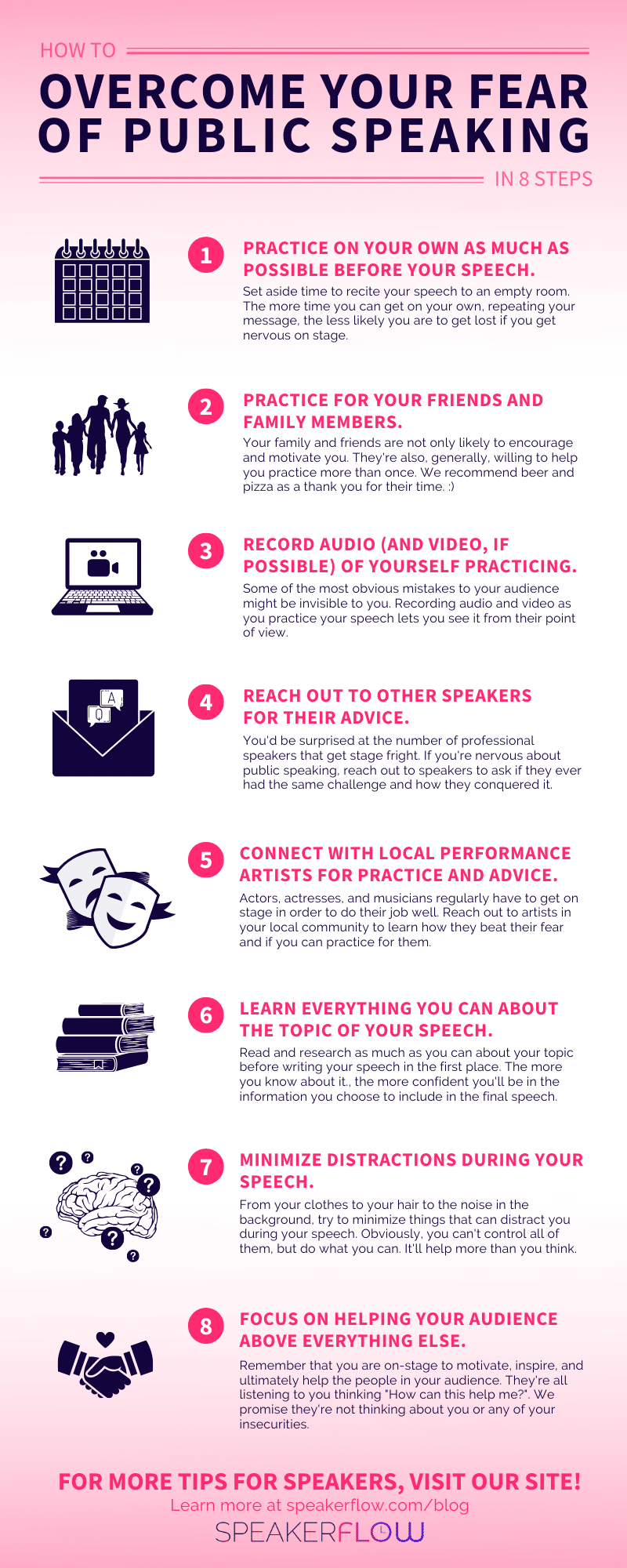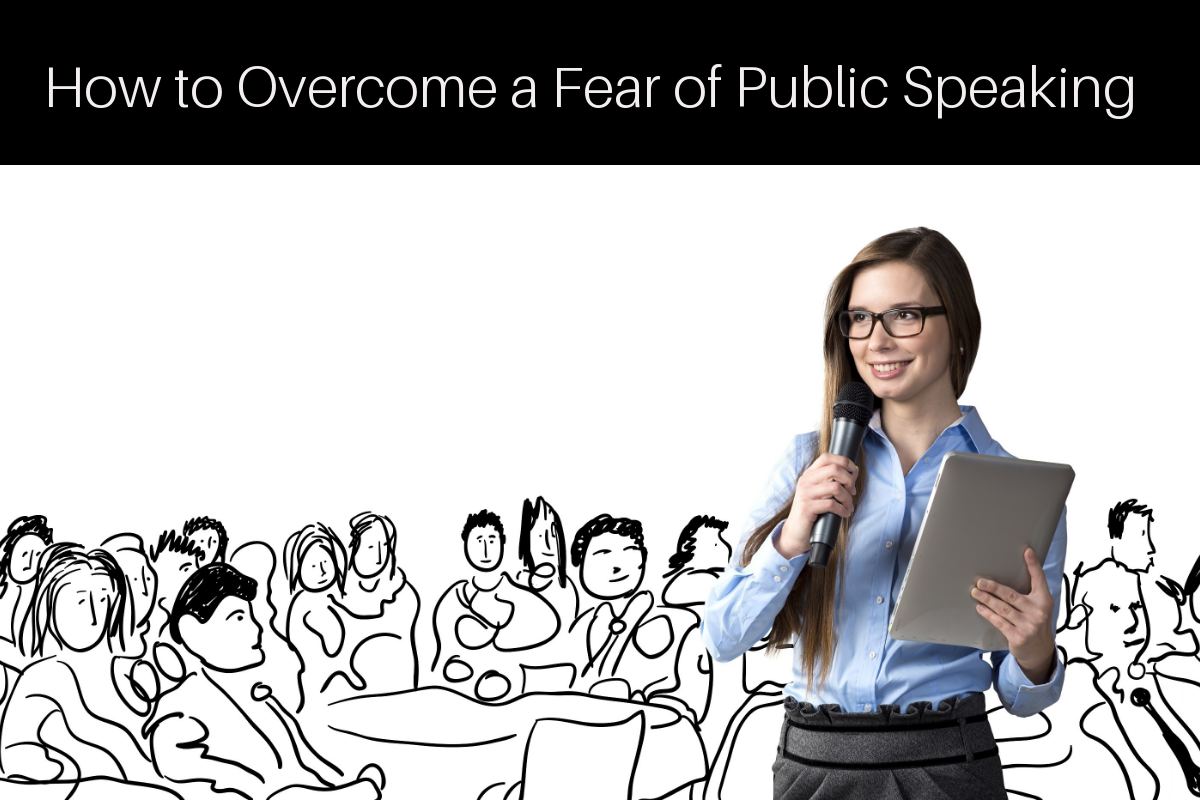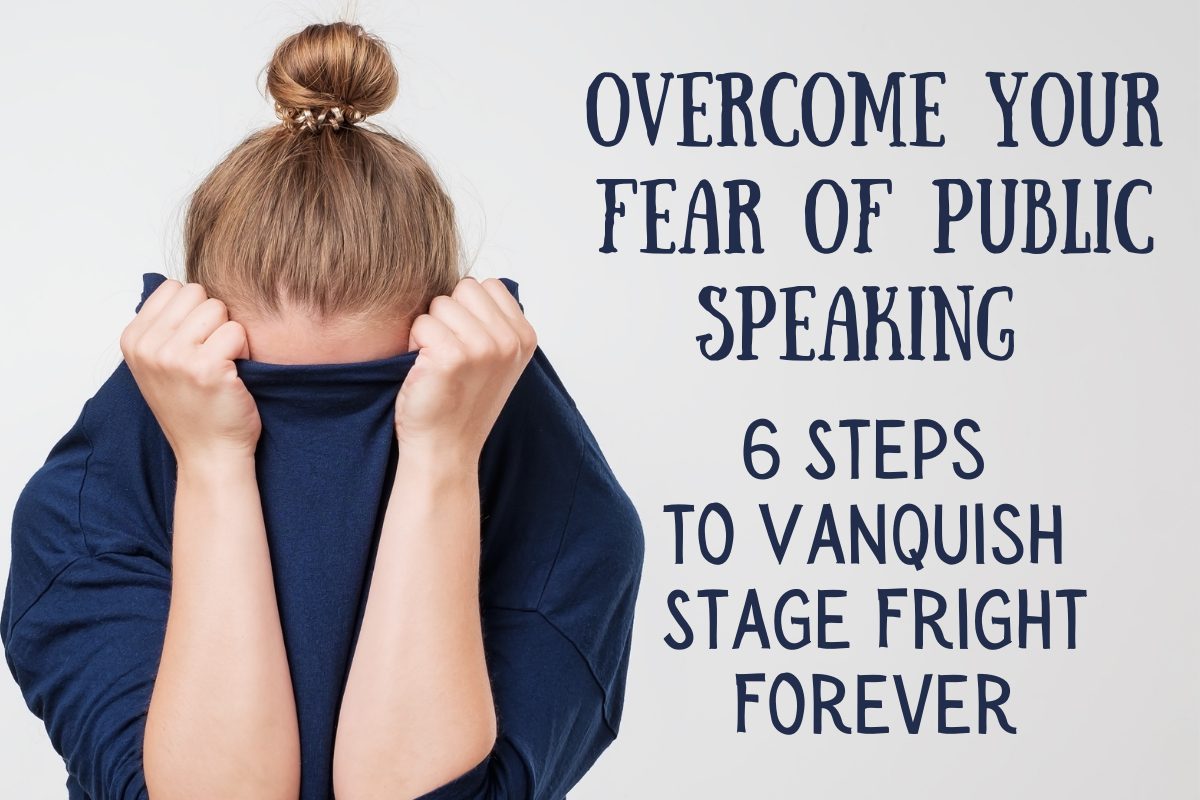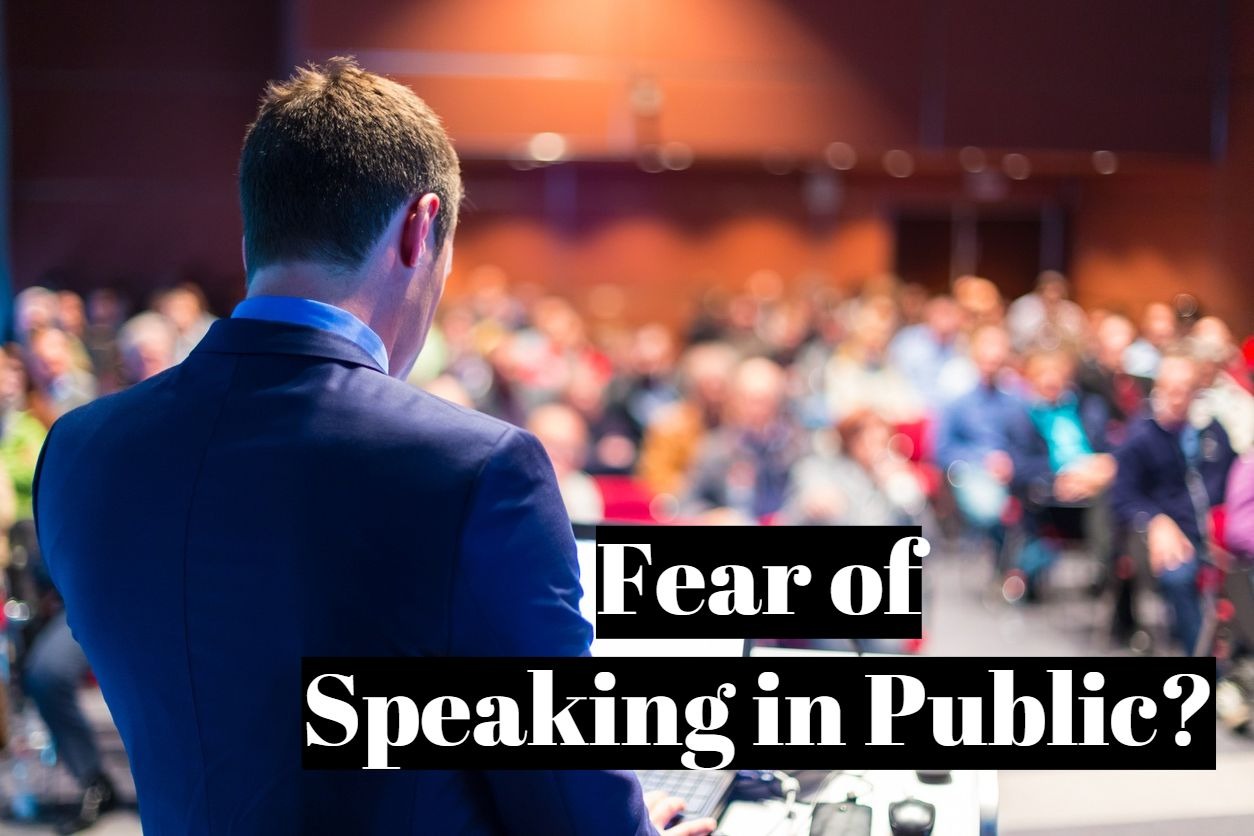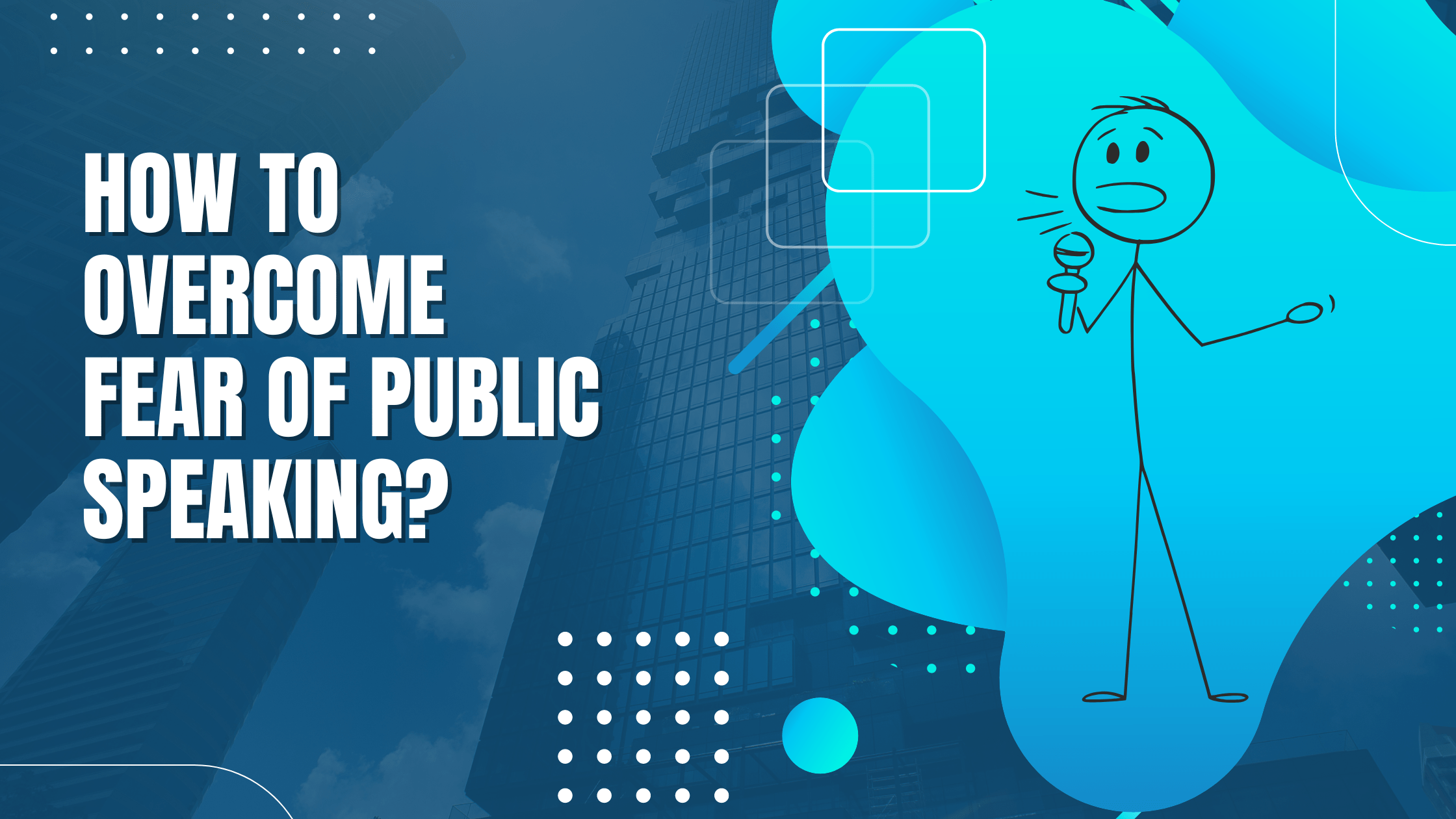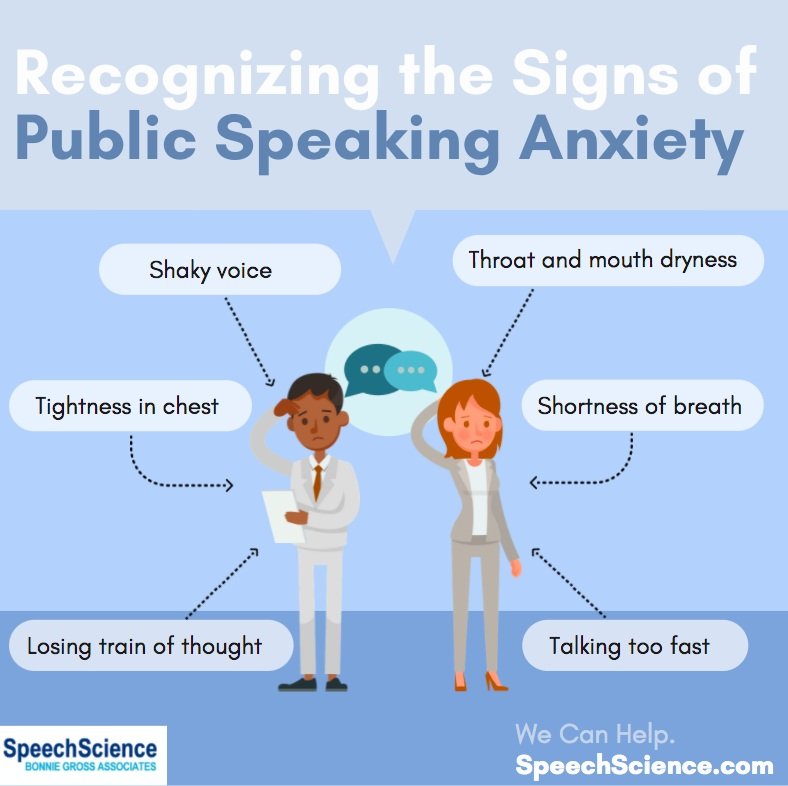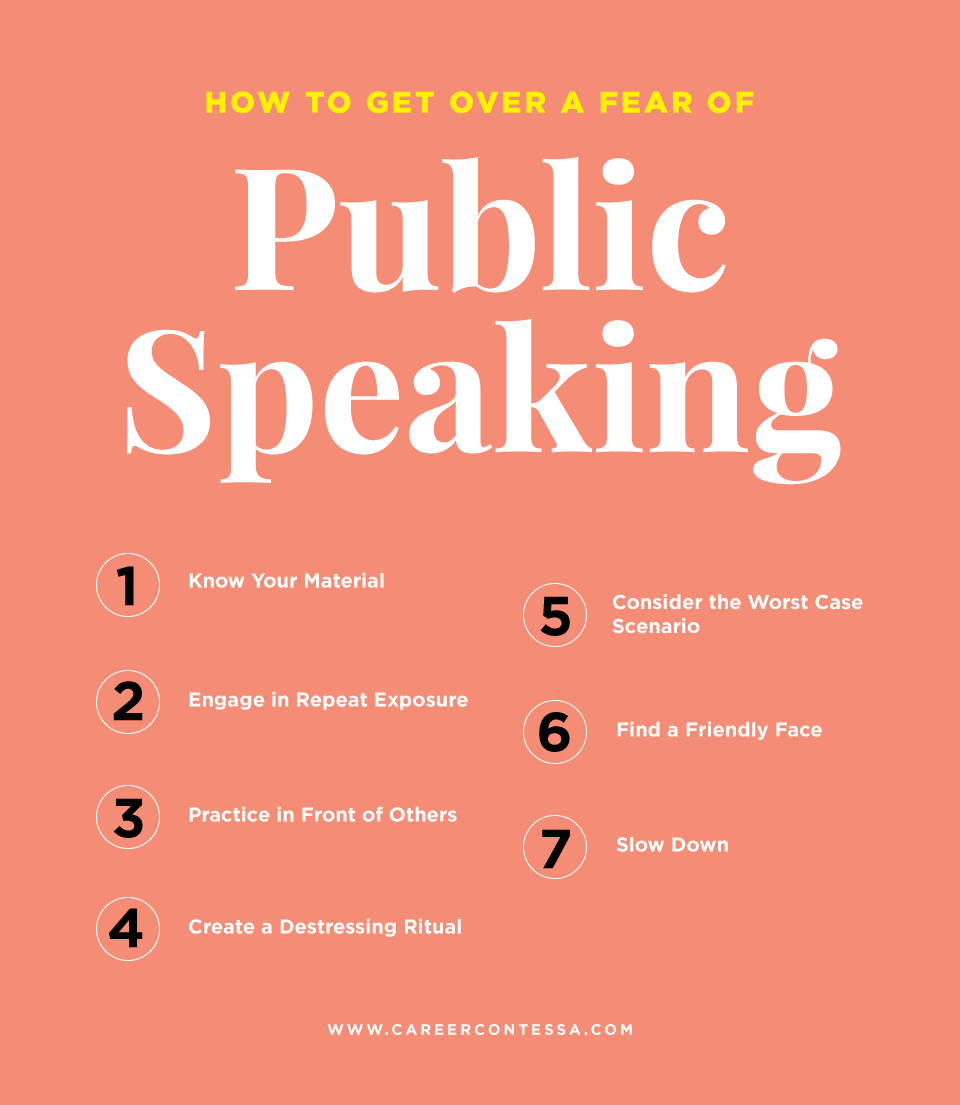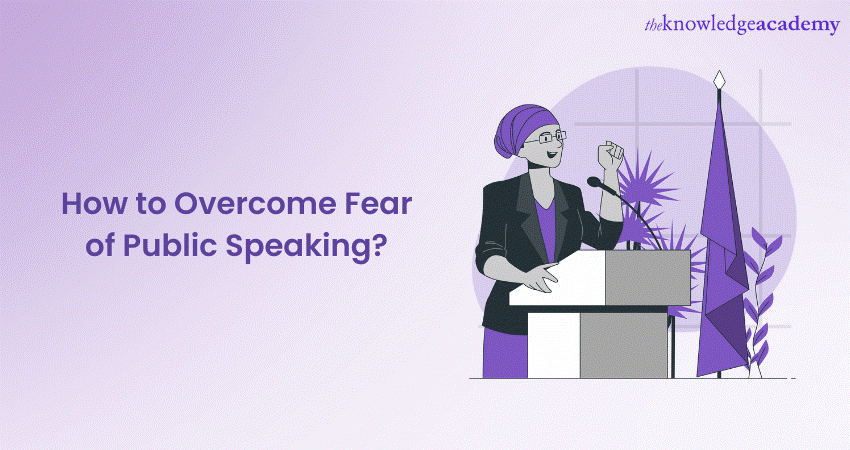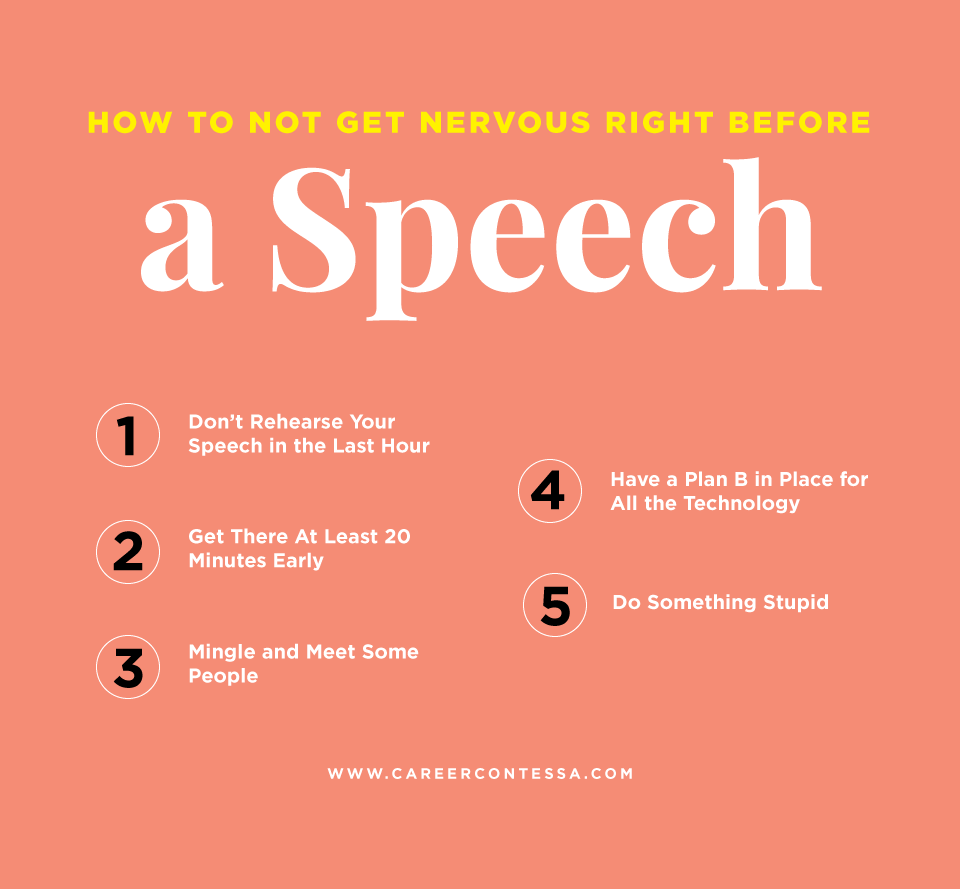How To Get Over Fear Of Public Speaking

Millions suffer crippling anxiety at the mere thought of addressing an audience. Conquer your fear and command the room with these proven strategies.
Glossophobia, or the fear of public speaking, affects an estimated 77% of the population, hindering career advancement, personal growth, and even social interactions. This article provides actionable techniques to overcome this common yet debilitating fear, allowing individuals to speak with confidence and clarity.
Understanding the Root of Fear
Fear of public speaking often stems from a combination of factors. These factors include negative past experiences, perceived judgment, and lack of preparation.
According to the National Social Anxiety Center, social anxiety plays a significant role in triggering physiological responses like increased heart rate and sweating. Recognizing these triggers is the first step towards managing them.
Practical Strategies for Overcoming Fear
Preparation is paramount. The more prepared you are, the more confident you will feel.
Start by thoroughly researching your topic and organizing your thoughts into a logical structure. Practice your speech multiple times, ideally in front of a mirror or a small, supportive audience.
Visualization Techniques
Mental rehearsal can significantly reduce anxiety. Visualize yourself delivering a successful speech, focusing on positive outcomes and confident body language.
This technique, often recommended by performance coaches, helps reprogram your mind to associate public speaking with positive feelings.
Breathing and Relaxation Exercises
Deep breathing exercises can calm your nerves and reduce physical symptoms of anxiety. Before your speech, practice diaphragmatic breathing – inhaling deeply through your nose, filling your abdomen, and exhaling slowly through your mouth.
Progressive muscle relaxation, where you tense and release different muscle groups, can also help alleviate tension.
Focus on Your Audience
Shift your focus from your own anxiety to your audience's needs. Consider what they want to learn and how you can best deliver that information.
By focusing on providing value, you'll lessen the pressure on yourself and create a more engaging experience for everyone.
Utilizing Resources and Support
Numerous resources are available to help individuals overcome their fear of public speaking. These resources range from self-help books and online courses to public speaking clubs and professional coaching.
Toastmasters International, for example, provides a supportive environment where members can practice public speaking and receive constructive feedback. Consider joining a local chapter.
Seeking Professional Help
For individuals with severe anxiety, seeking professional help from a therapist or counselor may be beneficial. Cognitive behavioral therapy (CBT) can help identify and challenge negative thought patterns associated with public speaking.
Medication may also be prescribed in some cases to manage anxiety symptoms. Consult with a medical professional to determine the best course of treatment.
Ongoing Development
Overcoming fear of public speaking is an ongoing process. Continue to practice and seek opportunities to speak in public, even in small settings.
Each successful speaking engagement will build your confidence and reduce your anxiety over time.
Take that first step today – your voice matters. Embrace the challenge and unlock your potential to become a confident and compelling speaker.

